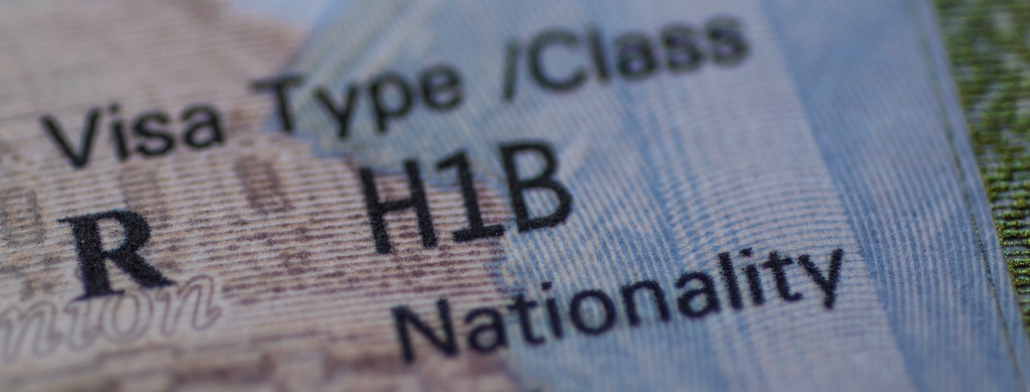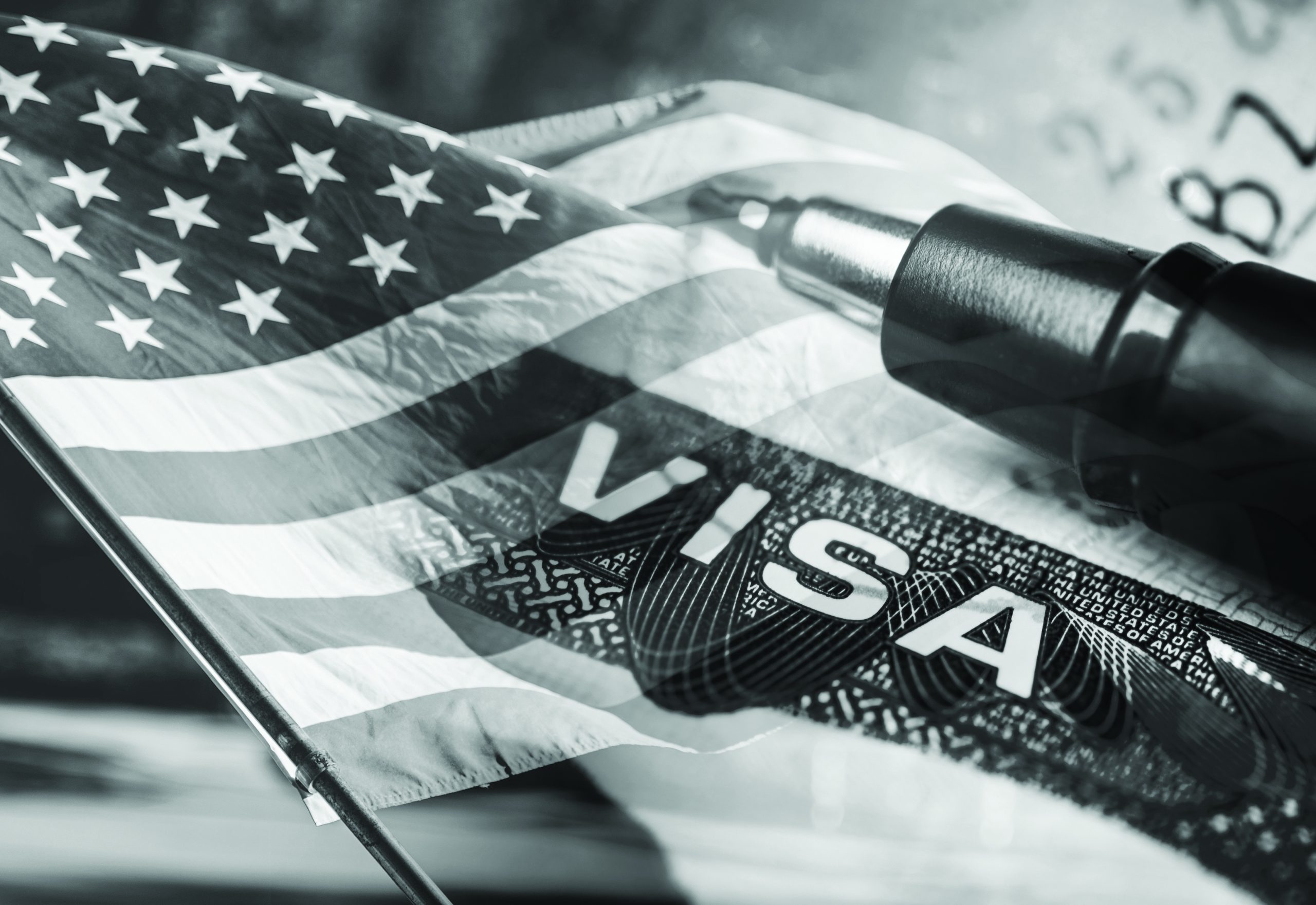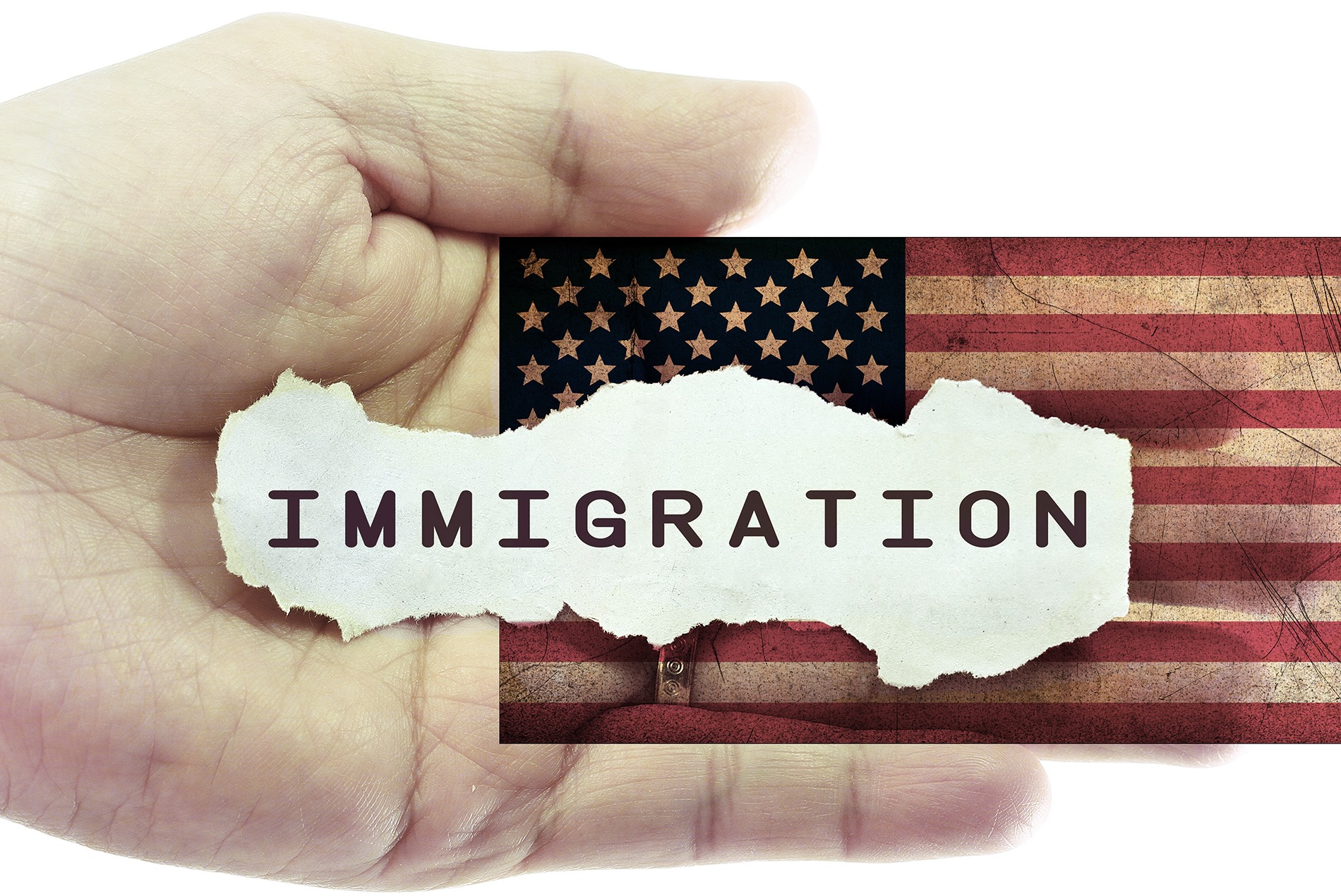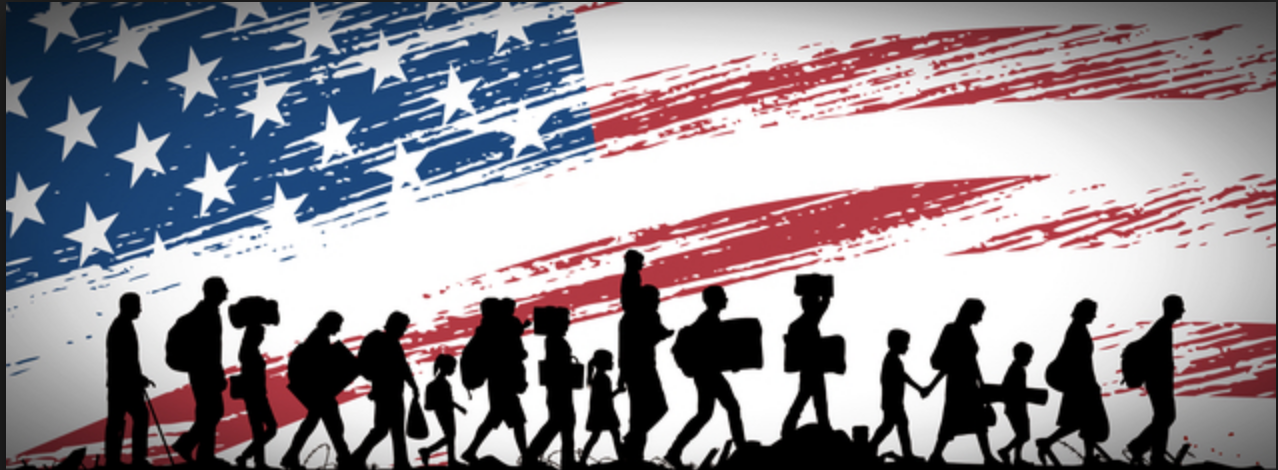[vc_row][vc_column][vc_column_text]According to new data released by the Trump administration, fiscal year 2019 H-1B visa applications are being subjected to higher levels of scrutiny and are being rejected at a much higher rate than in previous years. According to the director of the United States Citizenship and Immigration Services (USCIS), the increased level of rejections and requests for more information are the result of new policies with the stated intention of protecting U.S. workers.
Requests for Evidence (RFEs) are used by USCIS to seek additional proof about a claim on an immigration application. The number of RFEs issued has skyrocketed in recent years. Between last October and December, 60,650 RFEs were issued (60 percent of all applications). During the same time period in 2017, only 44,338 RFEs were sent (45.6 percent of all applications), but even that is a dramatic increase from 2016, where 26,799 were issued (27.5 percent of all applications).
Denials are increasing too. Last quarter, (October - December), 24.6 percent of H-1B applications were denied. That's up from 17 percent in 2017 and 7.8 percent in 2016. The overall number of denials has more than tripled from the last quarter of 2016 to the last quarter of 2018, jumping from 7,618 denials to 24,851 denials.
According to reporting from the Wall Street Journal, the most issued RFE is to companies asking them to prove that the position they are seeking for the H-1B is truly a 'specialized occupation' job. Other RFEs requested proof that the employer had a valid relationship with prospective workers and that prospective workers had job assignments.
You can see the H-1B approval data here.
Working closely with experienced immigration attorneys can reduce the chances that an H-1B application will receive an RFE and increase the chances of approval. H-1B season is upon us, and the deadlines for fiscal year 2019 are nearly here. Call us at 888-517-9888 to receive a free immigration consultation.[/vc_column_text][/vc_column][/vc_row]
H-1B Applications Facing Greater Scrutiny, Lower Approval Rates
Topics: Immigration
Feb 27th, 2019










